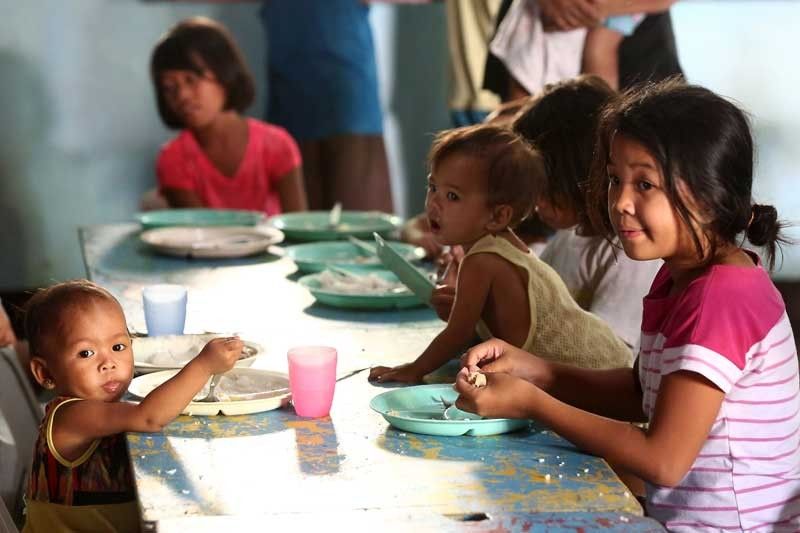World Bank: 3.4 billion people struggling to meet basic needs

MANILA, Philippines — Despite global economic advances, nearly half of the world’s population still struggles to meet basic needs, the World Bank said in a report.
In its “Piecing Together the Poverty Puzzle“ report, the World Bank said 3.4 billion people still live on less than $5.50 a day.
Living on less than $3.20 per day reflects poverty lines in lower middle-income countries, while $5.50 a day reflects standards in upper middle-income countries.
“Over 1.9 billion people, or 26.2 percent of the world’s population, were living on less than $3.20 per day in 2015. Close to 46 percent of the world’s population was living on less than $5.50 a day,” the World Bank said.
The report emphasized that the East Asia region, which the Philippines is a part of, was one of the best performers with incomes of the poorest 40 percent of the population growing on average 4.7 percent between 2010 and 2015.
“East Asia not only had the largest reductions in extreme poverty, but also in the proportion of people living on less than $3.20 and $5.50 per day. While extreme poverty is very low, the region saw a higher percentage of people lacking access to sanitation,” the report said.
The World Bank said it remains committed to achieving the goal of ending extreme poverty, defined as living on less than $1.90 a day, by 2030.
“Ending extreme poverty by 2030 and boosting shared prosperity are our goals, and we remain committed to them,” said World Bank Group president Jim Yong Kim.
“At the same time, we can take a broader view of poverty at different levels and dimensions around the world. This view reveals that poverty is more widespread and entrenched, underlining the importance of investing in people,” Kim added.
In 2015, the share of the world’s population living in extreme poverty fell to 10 percent, but the pace of extreme poverty reduction has slowed, the World Bank reported last month.
“However, given that economic growth means that a much greater proportion of the world’s poor now live in wealthier countries, additional poverty lines and a broader understanding of poverty are crucial to fully fighting it,” the report said.
Moreover, the report also goes beyond monetary measures of poverty to understand how access to adequate water and sanitation, education or electricity affect a family’s well-being. And since the burdens of poverty often fall most heavily on women and children, the report analyzes how poverty can vary within a household.
The report found that the incomes of the poorest 40 percent grew in 70 of the 91 economies monitored. In more than half of the economies, their incomes grew faster than the average, meaning they were getting a bigger share of the economic pie.
“However, progress in sharing prosperity lagged in some regions of the world,” it said.
The World Bank also warned that data needed to assess shared prosperity is weakest in the very countries that most need it to improve.
“Only one in four low-income countries and four of the 35 recognized fragile and conflict-affected states have data on shared prosperity data over time,” the World Bank said.
The new measures allow the World Bank to better monitor poverty in all countries, in multiple aspects of life and for all individuals in every household.
- Latest
- Trending



























